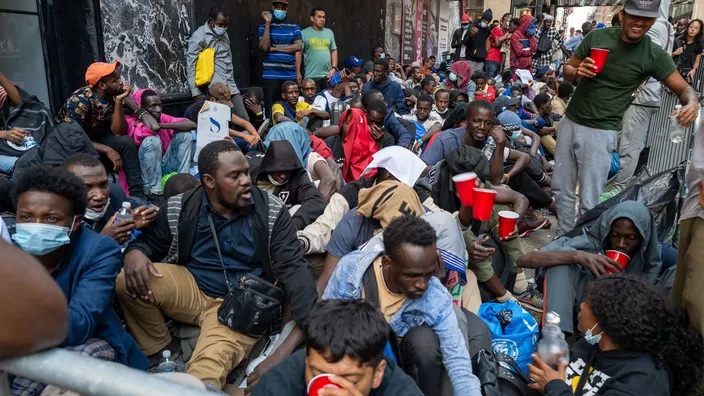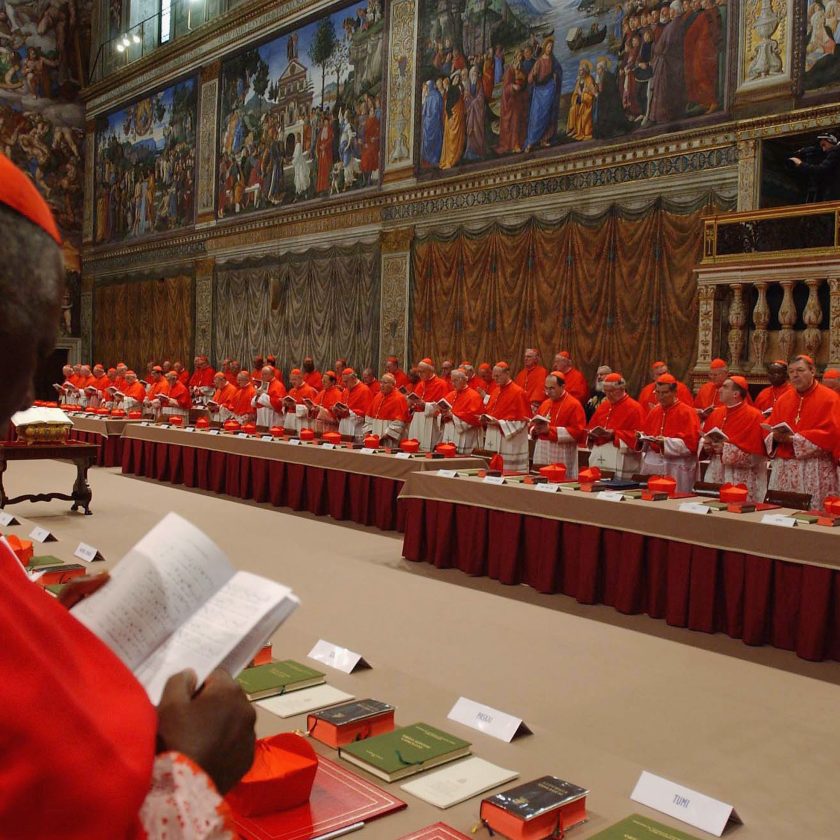China on Tuesday slapped tariffs on US imports in a swift response to new US duties on Chinese goods, renewing a trade war between the world’s top two economies even as President Donald Trump offered reprieves to Mexico and Canada.
Within minutes, China’s Finance Ministry said it would impose levies of 15% for US coal and LNG and 10% for crude oil, farm equipment and some autos. The new tariffs on US exports will start on February 10, the ministry said.
The Chinese government immediately hit back with a series of retaliatory steps. Beijing on Tuesday said it had filed a complaint with the World Trade Organization (WTO) “to defend its legitimate rights and interests” in response to hiked US tariffs on Chinese goods.
“China has filed a case against the US tariff measures under the WTO dispute settlement mechanism,” the commerce ministry said in a statement, adding the US actions were of a “malicious nature”.
China also said it had launched an anti-monopoly investigation into Alphabet’s Google and added two US firms to its “unreliable entity list” on Tuesday, minutes after the additional US tariffs on Chinese goods came into effect.
China’s Commerce Ministry said it had put PVH Corp, the holding company for brands including Calvin Klein, and US biotechnology firm Illumina on its unreliable entity list.
It said the two companies took what it called “discriminatory measures against Chinese enterprises” and “damaged” legitimate rights and interests of Chinese companies.
Separately, China’s State Administration of Market Regulation said Google was suspected of violating the country’s anti-monopoly law, and it had initiated an investigation into the company in accordance with the law. It did not offer any further details on the investigation or on what it alleged Google had done to breach the law.
No such reprieve for China, unlike Mexico and Canada
Separately, China’s Commerce Ministry and its Customs Administration said on Tuesday that to “safeguard national security interests” the country is imposing export controls on tungsten, tellurium, molybdenum, bismuth and indium.
China controls much of the world’s supply of such rare earths that are critical for the clean energy transition.
The export controls are in addition to ones China placed in December on key elements such as gallium used in manufacturing.
Trump on Monday suspended his threat of 25% tariffs on Mexico and Canada at the last minute, agreeing to a 30-day pause in return for concessions on border and crime enforcement with the two neighbouring countries.
But there was no such reprieve for China, and a White House spokesperson said Trump would not be speaking with Chinese President Xi Jinping until later in the week.
During his first term, Trump initiated a brutal two-year trade war with China over its massive US trade surplus, with tit-for-tat tariffs on hundreds of billions of dollars’ worth of goods upending global supply chains and damaging the world economy.
“The trade war is in the early stages so the likelihood of further tariffs is high,” Oxford Economics said in a note as it downgraded its China economic growth forecast.
Trump warned he might increase tariffs on China further unless Beijing stemmed the flow of fentanyl, a deadly opioid, into the US.
“China hopefully is going to stop sending us fentanyl, and if they’re not, the tariffs are going to go substantially higher,” he said on Monday.
China has called fentanyl America’s problem. However, it has also left the door open for wider trade talks.
Neighborly deals
Stocks in Hong Kong pared gains on Tuesday after China’s retaliation, while the dollar strengthened and the Chinese yuan fell, dragging the Australian dollar lower.
“Unlike Canada and Mexico, it is clearly harder for the US and China to agree on what Trump demands economically and politically. The previous market optimism on a quick deal still looks uncertain,” said Gary Ng, senior economist at Natixis in Hong Kong.
“Even if the two countries can agree on some issues, it is possible to see tariffs being used as a recurrent tool, which can be a key source of market volatility this year.”
Over the weekend, Trump suggested that the 27-nation European Union would be his next target, but did not say when.
EU leaders at an informal summit in Brussels on Monday said Europe would be prepared to fight back if the US imposes tariffs, but also called for reason and negotiation. The US is the EU’s largest trade and investment partner.
Trump hinted that Britain, which left the EU in 2020, might be spared tariffs.
Trump acknowledged over the weekend that his tariffs could cause some short-term pain for US consumers, but says they are needed to curb immigration and narcotics trafficking and spur domestic industries.
SOURCE: FRANCE 24 WITH AFP, AP AND REUTERS





